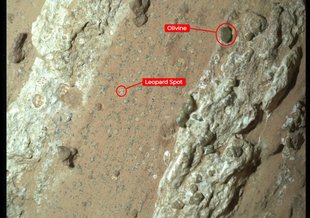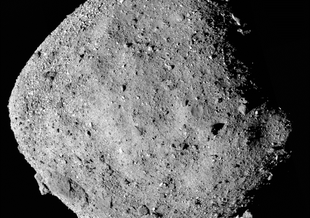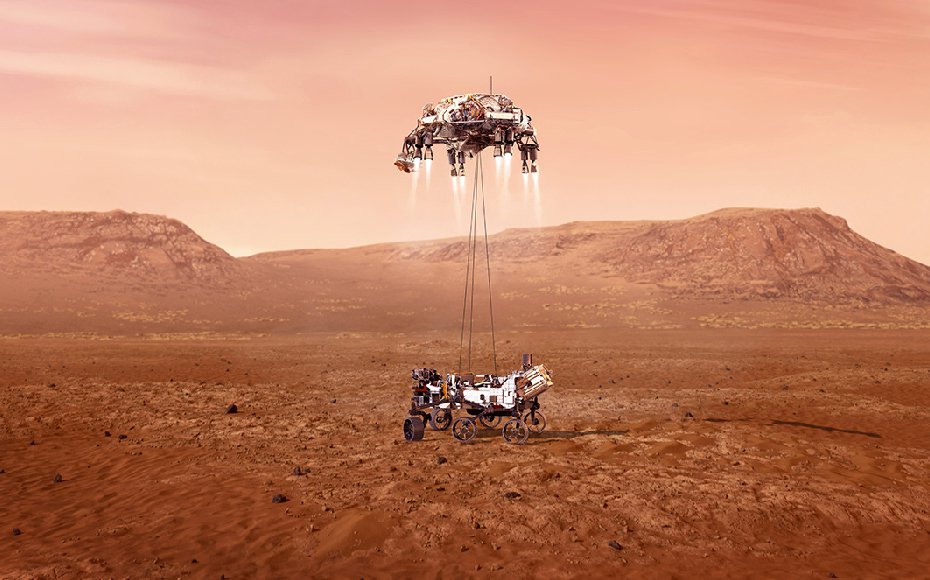







NASA's Mars 2020 mission is the next step in NASA's long-term robotic exploration of Mars. The rover Perseverance will provide important data relevant to astrobiology research, along with a vast amount of geological information about the landing site and the planet at large that will help put the astrobiological data into context.
Perseverance will not be looking for organisms living on Mars today. However, the rover will collect data that could be used to identify biosignatures of ancient microbial life.
What really sets this mission apart is that Perseverance will be collecting a suite of samples to be returned to Earth via a Mars Sample Return mission. The opportunity to bring back samples from another planet will allow our researchers to interrogate them with all of the sophistication and thoroughness that Earth-based instrumentation provides.


